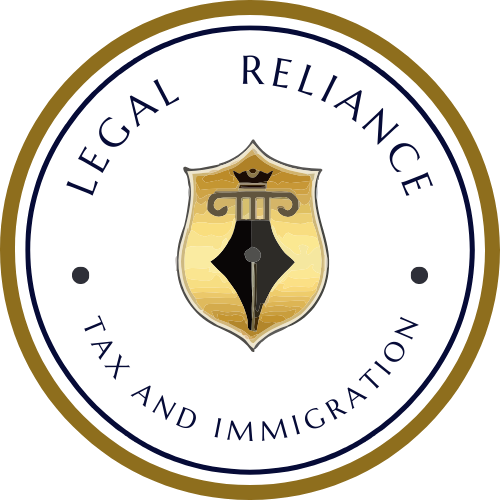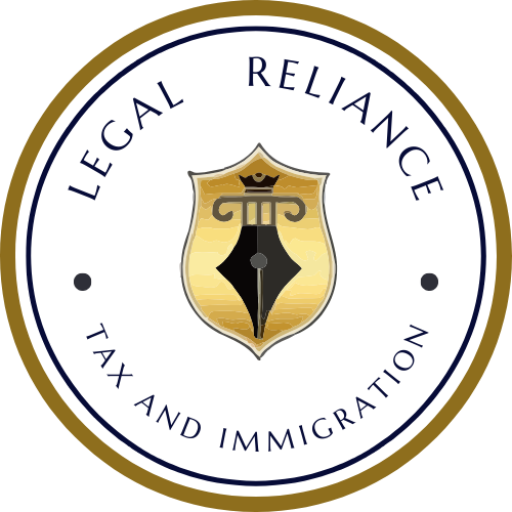The J-1 visa is one of the most popular U.S. visas for students, professionals, and exchange visitors who want to gain valuable experience in the United States. Unlike work visas that are strictly employment-based, the J-1 visa focuses on cultural exchange and mutual understanding between the U.S. and other countries. If you’re considering applying for a J-1 visa in 2025, it’s important to understand how it works, who qualifies, and what requirements you must meet.
What is the J-1 Visa?
The J-1 visa is a non-immigrant visa issued to individuals approved to participate in work-and-study-based exchange visitor programs. These programs are designed to promote cultural exchange, allowing foreign nationals to study, teach, research, or receive on-the-job training in the U.S. Popular categories include interns, trainees, au pairs, professors, research scholars, camp counselors, and physicians.
Who is Eligible for the J-1 Visa?
Eligibility for a J-1 visa depends on the specific program you’re applying for. In general, you must:
- Be accepted into a U.S. Department of State-designated exchange visitor program.
- Show proof of sufficient financial support during your stay.
- Demonstrate proficiency in English.
- Maintain ties to your home country to show intent to return after the program.
Some applicants may be subject to the two-year home-country residency requirement, meaning they must return home for at least two years after the program before applying for certain U.S. visas or permanent residency.
J-1 Visa Requirements
To apply for a J-1 visa, you’ll need:
- Form DS-2019 (Certificate of Eligibility for Exchange Visitor Status) issued by your program sponsor.
- Completed DS-160 visa application form.
- Proof of financial ability to cover expenses.
- Valid passport.
- SEVIS (Student and Exchange Visitor Information System) fee payment.
- Visa application fee.
Applicants must also attend an interview at a U.S. embassy or consulate, where they’ll need to provide supporting documents and explain the purpose of their program.
Benefits of the J-1 Visa
The J-1 visa offers unique advantages, including:
- Access to U.S. education and professional training opportunities.
- The ability to gain hands-on work experience in your field.
- Opportunities to improve English language skills.
- A chance to immerse yourself in U.S. culture while sharing your own traditions.
Challenges and Considerations
While the J-1 visa opens doors, it also comes with responsibilities. Not all J-1 visa holders can work freely in the U.S.employment is typically tied to your exchange program. Additionally, navigating the rules around the two-year home residency requirement can be complex, which is why many applicants seek guidance from immigration lawyers.
How Legal Reliance Can Help
At LegalReliance.net, we specialize in guiding students, professionals, and cultural exchange visitors through the J-1 visa process. Whether you’re applying for the first time, need help understanding the home residency requirement, or want to explore options for waivers, our team is here to support you.
Final Thoughts
The J-1 visa is more than just a legal document it’s a pathway to cultural exchange, professional growth, and international understanding. By knowing the eligibility rules, program requirements, and potential challenges, you can better prepare for a successful application. With the right legal guidance, you’ll be able to make the most of your time in the United States.
If you’re ready to begin your J-1 visa journey, reach out to Legal Reliance, your trusted immigration partner in 2025.








